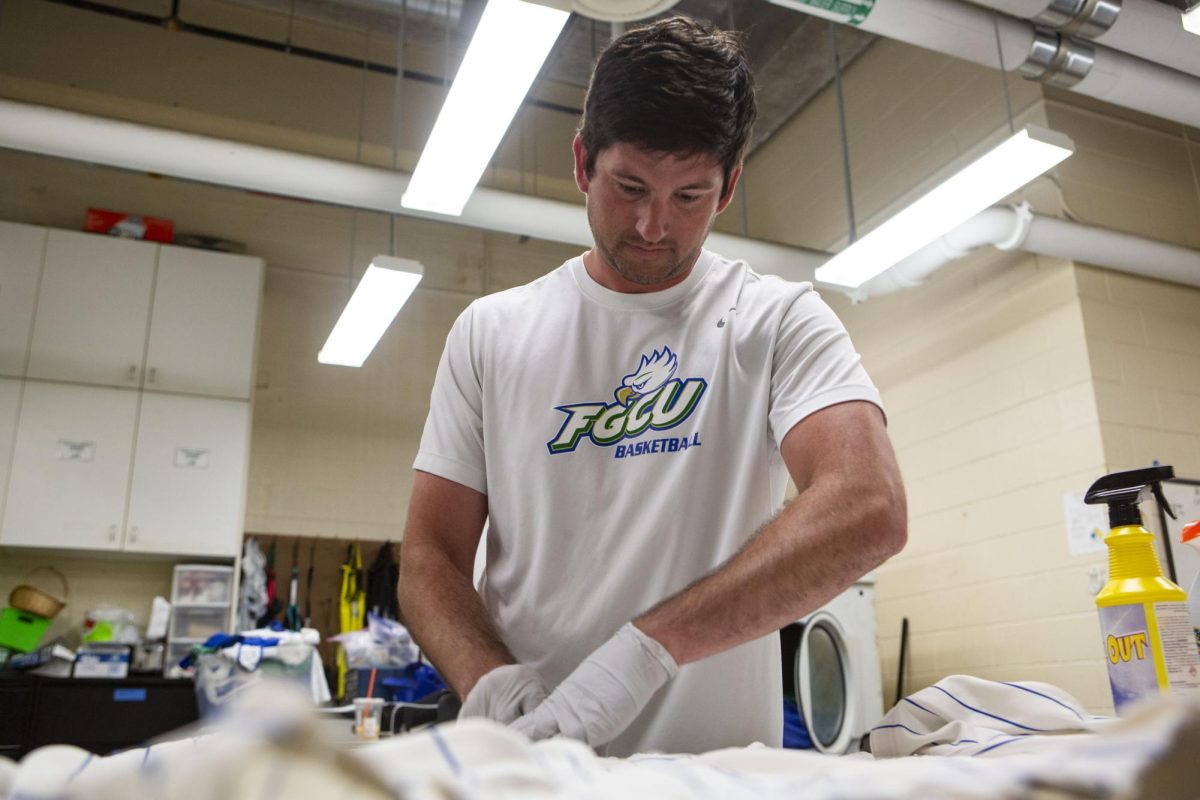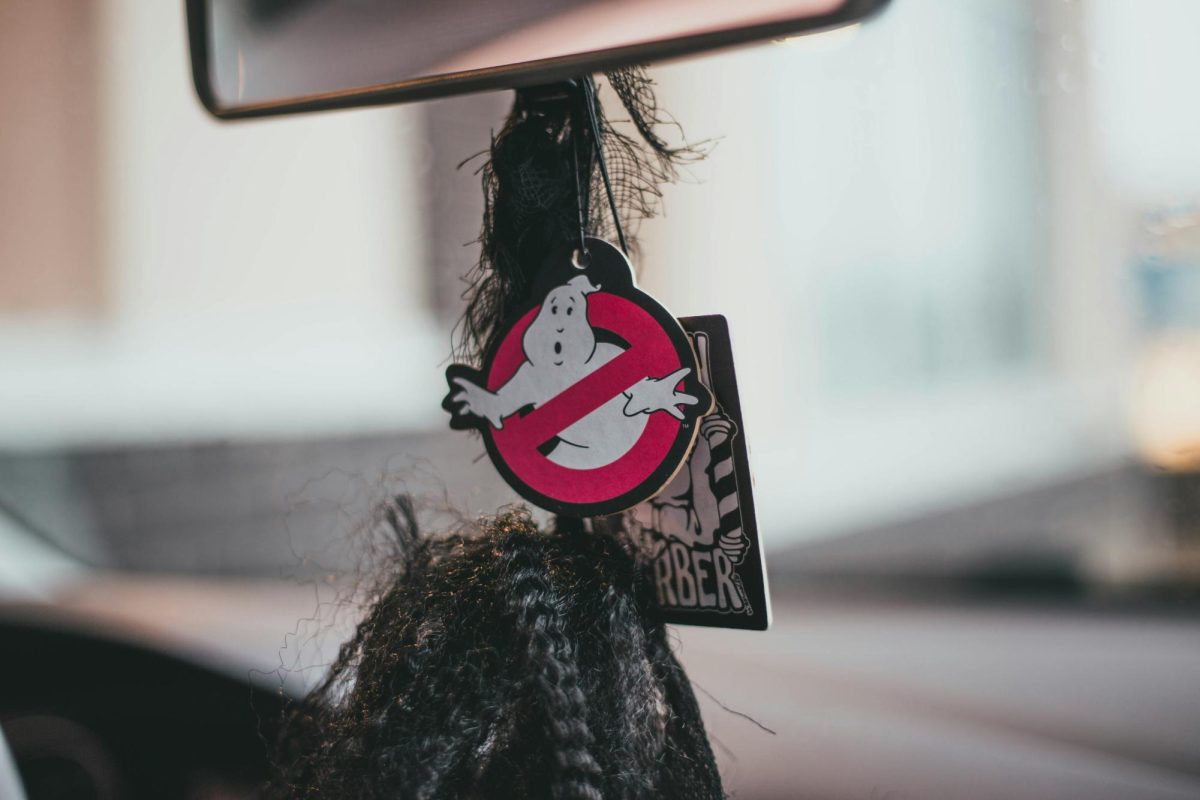Batman’s a pretty popular guy. A couple billion-dollar film grosses surely proved that point. Now, here on the character’s 75th anniversary, I think of why this cultural icon has endured for three quarters of a century and what he’s meant to me.
A month after I was born, Tim Burton’s “Batman” hit theaters. I watched it at such a young age, I’m pretty sure my mom gave birth in the box-office line. I never had a father. He left before I was born, my mom was going to school (as was my aunt). The situation with my grandparents (who I lived with), was that my grandfather worked odd hours, so it was just my grandma and I, for the most part. I easily related to Bruce Wayne’s absentee parents and single, elderly caretaker. When I was old enough to go to school and ride the bus, I got picked on a lot, so the Dark Knight (in the form of “Batman: The Animated Series”) became a symbol of karma to be carried out against wrongdoers and a symbol of hope for the little guy.
When I switched high schools across the country, “Batman Begins” led me to stay resilient in the face of loneliness. Even during a short stay in the David Lawrence Center, I remained solemn and alert. In 2008, “The Dark Knight” changed my thought process of what a story could be and clued me into the significance a symbol could have. Finally, with “The Dark Knight Rises,” the Caped Crusader reminded me of the emotional journey of a hero and that good will ultimately triumph, no matter the odds. Needless to say, I’ve had a complex relationship with a character most people older than 30 would consider a children’s tale.
A month after I was born, Tim Burton’s “Batman” hit theaters. I watched it at such a young age, I’m pretty sure my mom gave birth in the box-office line. I never had a father. He left before I was born, my mom was going to school (as was my aunt). The situation with my grandparents (who I lived with), was that my grandfather worked odd hours, so it was just my grandma and I, for the most part. I easily related to Bruce Wayne’s absentee parents and single, elderly caretaker. When I was old enough to go to school and ride the bus, I got picked on a lot, so the Dark Knight (in the form of “Batman: The Animated Series”) became a symbol of karma to be carried out against wrongdoers and a symbol of hope for the little guy.
When I switched high schools across the country, “Batman Begins” led me to stay resilient in the face of loneliness. Even during a short stay in the David Lawrence Center, I remained solemn and alert. In 2008, “The Dark Knight” changed my thought process of what a story could be and clued me into the significance a symbol could have. Finally, with “The Dark Knight Rises,” the Caped Crusader reminded me of the emotional journey of a hero and that good will ultimately triumph, no matter the odds. Needless to say, I’ve had a complex relationship with a character most people older than 30 would consider a children’s tale.
Batman’s gotten me through the tough parts of my life, but why does everyone else like him? A lot of people would attribute it to him being a human being: Lacking superpowers and being relatable— stuff like that. However, there’s a deeper reason for the character to become so ubiquitous in our culture, and it’s not relatability (a health-nut, billionaire orphan with monomania isn’t really the guy nextdoor). His popularity comes from two sources: rebelliousness and rooting for the underdog.
Batman, especially since the 1980s (and originally in his debut in 1939), has been an outcast. Among superheroes, he’s the guy who doesn’t play by the rules, and indeed is usually at odds with law enforcement. Batman operates on his own terms, and while if someone were to do that in the real world, they’d be branded a vigilante and controversial figure, the audience knows that Batman won’t overstep his bounds (pushed as though he may be). Batman is the idea of justice we all want— Few guidelines to follow to apprehend criminals, but nearly always correct in bending rules. This also combines with his gadgetry to create an escapist experience, although the rockstar- esque Iron Man better fits that idea.
More importantly, though, is Batman’s lack of superpowers. This does not inherently make him more relatable, as other heroes have far greater abilities and are more humanistic (ie. Spider-Man), but serves a purpose in storytelling. Batman is what’s called a “guile hero.” This means he primarily uses his cunning, trickery and bravery to accomplish his goals. Western culture has been fond of this archetype for thousands of years (Homer’s epics are great examples of this), and aside from maybe James Bond, Batman is the most successful modern iteration. Sure, compared to an average thug in an alley, Batman has every conceivable advantage. But when his goals are defeating the entire mob or an ancient terrorist cult or Superman, suddenly a dude in a costume seems way out of his league. Even to fight a few armed robbers, he’s implementing smoke bombs, grappling hooks and the element of surprise. A little more strategy than someone who can just jump in and dodge/take all the bullets.
Batman, especially since the 1980s (and originally in his debut in 1939), has been an outcast. Among superheroes, he’s the guy who doesn’t play by the rules, and indeed is usually at odds with law enforcement. Batman operates on his own terms, and while if someone were to do that in the real world, they’d be branded a vigilante and controversial figure, the audience knows that Batman won’t overstep his bounds (pushed as though he may be). Batman is the idea of justice we all want— Few guidelines to follow to apprehend criminals, but nearly always correct in bending rules. This also combines with his gadgetry to create an escapist experience, although the rockstar- esque Iron Man better fits that idea.
More importantly, though, is Batman’s lack of superpowers. This does not inherently make him more relatable, as other heroes have far greater abilities and are more humanistic (ie. Spider-Man), but serves a purpose in storytelling. Batman is what’s called a “guile hero.” This means he primarily uses his cunning, trickery and bravery to accomplish his goals. Western culture has been fond of this archetype for thousands of years (Homer’s epics are great examples of this), and aside from maybe James Bond, Batman is the most successful modern iteration. Sure, compared to an average thug in an alley, Batman has every conceivable advantage. But when his goals are defeating the entire mob or an ancient terrorist cult or Superman, suddenly a dude in a costume seems way out of his league. Even to fight a few armed robbers, he’s implementing smoke bombs, grappling hooks and the element of surprise. A little more strategy than someone who can just jump in and dodge/take all the bullets.
Batman represents a lot of themes that are timeless: human ambition, family, tragedy and so on. True, the expression of the character has changed sometimes (I’m looking at you, Adam West), but the core, that crusade for good, remains the same. I’m sure for a lot of people, Batman is just a cape and utility belt. For me, the character has been the one constant in my life and helped me cope with life’s obstacles and see them through.
Batman is a fictional character. But fiction can offer a glimpse into very real ideas that we contend with every day. Maybe “The Great Gatsby” reminded you to leave the past in the past, or the tale of Hua Mulan taught you to never give up in the struggle for your own equality. Batman taught me that you can lose parents, friends, people you care about. You can get bullied and beat up and fall into despair, but you can still be a good person. A hero can be anyone
Batman is a fictional character. But fiction can offer a glimpse into very real ideas that we contend with every day. Maybe “The Great Gatsby” reminded you to leave the past in the past, or the tale of Hua Mulan taught you to never give up in the struggle for your own equality. Batman taught me that you can lose parents, friends, people you care about. You can get bullied and beat up and fall into despair, but you can still be a good person. A hero can be anyone
Story continues below advertisement



































